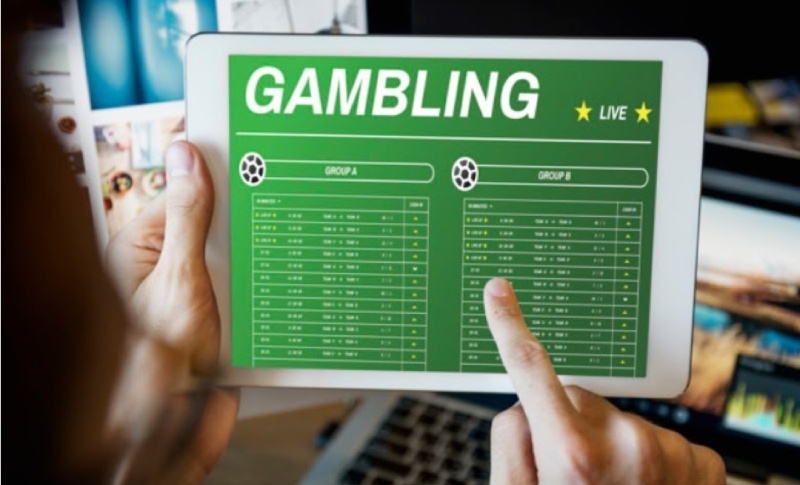There’s no doubt that gambling is popular in Ireland – citizens bet on sports, play at casino clubs, and try their hand at a whole range of online games. More than 6,000 people work in betting shops, and another 1,000 work for online casino operators. Here we’ll go through everything you need to know about the state of gambling in Ireland going into 2020.
Where it all began
Regulated gambling started to take shape in the country when the Betting Act of 1854 was passed. Despite this, the country saw very few regulations until casino gambling was addressed in the Gaming and Lotteries Act of 1956, which prohibited commercial casinos from operating in Ireland.
Business owners soon found a loophole in the rule and ‘members-only gambling clubs’ started popping up on the map. These clubs were set up like mini-casinos, providing table games, slots, and video poker. There are 14 of these casinos in the country at last count. Playing casino games for real money at these mini-clubs does not technically violate the 1956 law.
Problem gambling
Ireland’s issue with problem gambling seems to be one that’s holding the government back from passing any further laws on the industry. The country ranks as one of the highest in the world for the average individual loss from gambling – which now puts further pressure on lawmakers.
Operators are also finding ways to stay profitable. Fixed-odds betting terminals are illegal in the country, so high-street bookmakers aim to make a profit from creating sports-centric business models instead, according to The Guardian.
There is very little support for players struggling to deal with gambling issues, and many operators remain unchecked against money laundering regulations that are mandatory elsewhere around the globe. This means the businesses are potentially able to pass money around without the knowledge of the Irish treasury.
New bills
In 2013 the Gambling Control Bill was introduced by Alan Shatter, although it is yet to be passed by parliament and there has been no movement on the law since May 9, 2018. government officials struggle to reach a decision on how the industry should be regulated.
Prominent political figures such as David Hickson, Maureen O’Sullivan and Sharon Byrne are all behind the new law, saying the current rules in place are outdated. In January, it was announced that all bookmakers in Northern Ireland are now expected to voluntarily limit the maximum stake allowed at betting terminals to £2. The UK slashed its limit on April 1.
Online gambling in Ireland
Online casino gambling is legal in Ireland, with laws allowing citizens to engage in licensed and regulated offshore gambling as well as licensed domestic online gambling. The country started to embrace digital gambling back in 2003, and now you can find some of the very best bonuses online at Online Casino Gems. Poker is legally available online, too, which is more than can be said for the real world.
Players currently have to visit one of the 14 gambling clubs in Ireland to play face-to-face. There are also multiple tournaments played online in Ireland, including the recent €1 million guaranteed PartyPoker Event.
Sports betting
Sportsbetting has one of the longest standing histories in Ireland. The Betting Act brought into law in 1931 regulated all sports betting activities until 2015, when the Betting (Amendment) Act was signed in.
This was introduced to allow offshore sportsbooks and betting exchanges to integrate into Irish licensing policies and taxation requirements. The bill also made it illegal, however, for online betting operators to offer their services to Irish citizens without acquiring a license to do so.
Lottery and bingo
While the 1956 Gaming and Lotteries Act prohibits commercial bingo halls and bingo games for real money, bingo operators have gotten around the law in the same way as casinos by opening bingo gambling clubs.
The Nation’s lottery industry was created in 1986 through the National Lottery Act, with the purpose of raising charitable funds. Scratchcard games began in 1987, while the Lotto was launched a year later. Citizens can now participate in three types of drawing games: Lotto, Euromillions, and the Daily Million.



